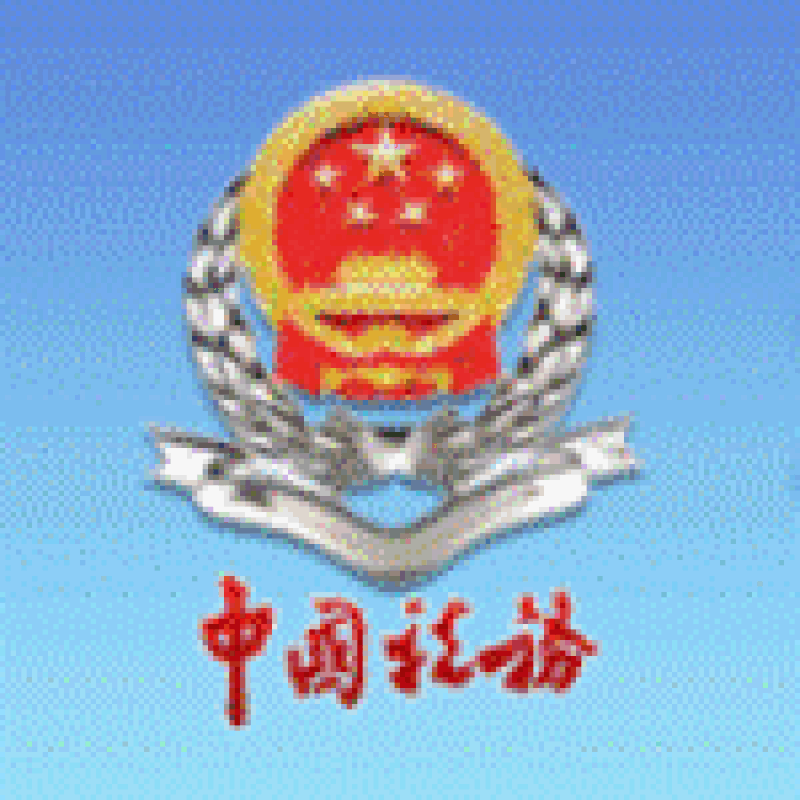
The official has spoken at length with TPWeek about China’s views on transfer pricing, such as where it stands on location specific advantages (LSA); how it feels about the OECD’s transfer pricing guidance; and the evolution of dispute resolution in the country.
The interview, which will be published in two parts, reveals the differences between China and the OECD. In particular, he went into great detail about LSAs, giving taxpayers a framework for calculating their cost in China.
Some taxpayers do not like to admit that location specific advantages exist: “I firmly believe that location savings do not give rise to an intangible that should be rewarded through transfer pricing”, said one European head of tax.
However, Liao said: “LSA is not an arm’s-length price issue, but it is there, like it or not. The world has to take it seriously. China does apply LSAs in both transfer pricing investigations and advance pricing agreements and is happy to meet understanding and acceptance by both taxpayers and competent authority counterparts.”
The official also spoke about how China intends to form a separate division, within its tax administration to deal with offshore income,
“In the foreseeable future, a separate division for the administration of offshore income will be set up to cope holistically with residents deriving income from abroad,” said Liao. “SAT has branches at the provincial level, the city level and the county level. Correspondingly the International Taxation Department has offices in most of the branches.”
Part one of Liao’s interview is available on TPWeek now. Part two will be published on Mondat April 22.
Register for a free trial on TPWeek to read Liao’s insights into China’s transfer pricing regime, including useful advice about calculations.
You can also read about Vietnam’s transfer pricing developments, in an interview with Nguyen Quang Tien, the head of Vietnam’s transfer pricing department, within the General Department of Taxation (DGT), also published this week.









